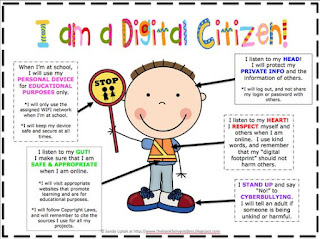In Clark's 1983 article entitled, "Reconsidering Research on Learning from Media", he concludes "that media are delivery vehicles for instruction and do not directly influence learning". Look how far we have progressed since this dated statement. The article states that certain elements of media "might serve" as beneficial to student achievement. The Robert Kozma article from 1991 further details the effects of media types. Books, television, computers, and multimedia are discussed in relation to student learning. Although both articles are dated, Kozma states a point still in effect today. "Our ability to take advantage of the power of emerging technologies will depend on the creativity of designers, their ability to exploit the capabilities of the media, and our understanding of the relationship between these capabilities and learning". Humans, aka teachers, still need to critically decipher media in order find meaning and validity f...



